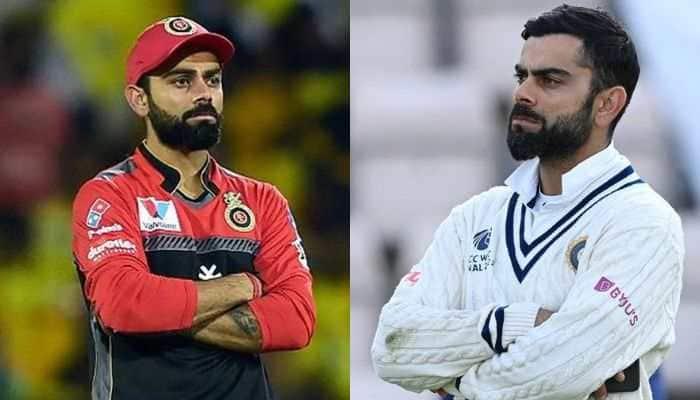Health Minister J P Nadda gets WHO award for India's tobacco control initiatives
The global recognition was presented to Nadda by Poonam Khetrapal Singh, Regional Director, WHO South-East Asia, at the 'National Consultation on Accelerating Implementation of WHO Framework Convention on Tobacco Control (FCTC) for Achievement of SDGs'.
Trending Photos
)
New Delhi: Union Health Minister J P Nadda was today conferred the WHO Director-General's Special Recognition Award for accelerating India's tobacco control initiatives and taking bold measures to protect people against hazards of tobacco use.
The global recognition was presented to Nadda by Poonam Khetrapal Singh, Regional Director, WHO South-East Asia, at the 'National Consultation on Accelerating Implementation of WHO Framework Convention on Tobacco Control (FCTC) for Achievement of SDGs'.
Accepting the award, Nadda said that it was recognition of the collective endeavour of his ministry, NGOs, social activists, civil society organisations and many more who had been contributing to the cause across the country.
Holding that tobacco is a prime driver of poverty and affects the family as a whole, the community and the country, Nadda stressed the need for a multisectoral approach to control it.
"It has rightly been identified as a development issue. I am happy that tobacco users have reduced by 81 lakh and youth consumption of tobacco sees marked decrease," Nadda said.
"My mantra for success in tobacco control efforts is 'Catch them Young'," he added.
He said there had been a 54 per cent relative reduction in prevalence of tobacco use among minors (15-17 years) and 28 per cent reduction in the age group of 18-24 years. Further, age of initiation among the youth has also increased by one year, he said.
Nadda further said that India has come a long way in controlling the use of tobacco as it has implemented 85 per cent pictorial health warnings on both sides of tobacco packets, conducted second round of Global Adult Tobacco Survey (GATS), strengthened and upscaled cessation facilities with the launch of the toll-free 'national tobacco quitline and cessation services'.
India also made substantial investment under the 12th Five Year Plan for expansion of National Tobacco Control Programme - which has been recognised by the WHO as the best practice in its Global Tobacco Control Report, 2015.
The health minister said India has also put a ban on smokeless tobacco products and has strengthened the implementation of the tobacco free film and television policy.
Stay informed on all the latest news, real-time breaking news updates, and follow all the important headlines in india news and world News on Zee News.
Live Tv







)
)
)
)
)
)
)
)
)
)
